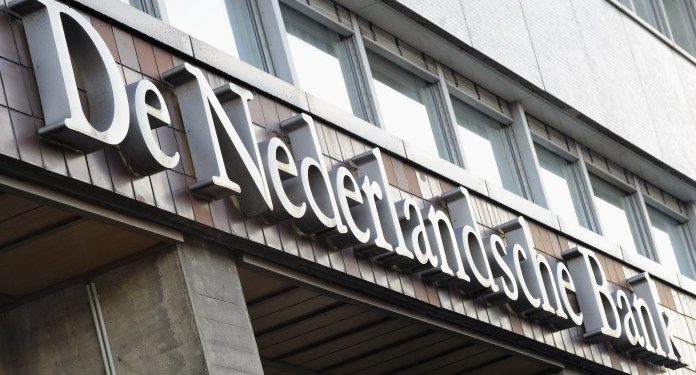Sustainable and Responsible Investment
The De Nederlandsche Bank (DNB) has released a document on sustainable and responsible investment, aiming to build an inclusive financial and economic system and integrate net-zero goals into portfolio management.
DNB plans to integrate sustainability into the core of all its work by 2025 and align its equity and bond investments with the requirements of the Paris Agreement by 2030. As of the end of this year, DNB had a total of 9 billion euros of its own investments and has formulated a Sustainable and Responsible Investment Policy (SRI Policy) for these investment portfolios. Considering the systemic risks that climate change may bring, climate policy will be implemented as a priority.
Related Post: Dutch AFM Releases Position Paper on Sustainable Finance Disclosure Regulation
DNB’s Roadmap to Net Zero
The EU has made climate commitments and plans to reduce carbon emissions by at least 55% in 2030 compared with 1990 and achieve carbon neutrality in 2050. As part of the EU financial system, DNB plans to reduce carbon emissions by 50% in 2030 compared with 2019 and achieve carbon neutrality in 2050. DNB’s net zero roadmap is divided into three stages: measure, act and evaluate.
DNB will first measure the carbon emissions of its portfolio and conduct stress tests every two years to better understand the climate risks present on its balance sheet. DNB is developing a risk dashboard to monitor forward-looking climate indicators. It will then reduce the carbon footprint of its investment portfolio, assess the carbon reduction of its financial assets, and participate in corporate governance. DNB will also assess progress towards the 2030 net zero target annually, with interim targets updated every three years.

Sustainable and Responsible Investment Portfolios
To achieve its sustainable and responsible investment goals, DNB needs to reduce the carbon footprint of its investment portfolio. The current internal investment portfolio held by DNB mainly consists of government bonds. In 2023, 20% of the investment has been concentrated in the field of green bonds and will continue to increase in the future. For sovereign bonds, DNB will use PRI guidance to measure their climate risks and opportunities.
In terms of its external investment portfolio, DNB holds equities from developed and developing economies, as well as investment-grade and high-yield corporate bonds. DNB plans to reduce its external portfolio carbon emissions by 7% annually and invest in companies that achieve the Paris Agreement. DNB also plans to phase out all coal-related investments and report carbon emissions in accordance with the framework issued by the Institutional Investors Group on Climate Change (IIGCC). The carbon footprint of an equity portfolio will be 50% lower in 2028 than in 2019.
Sustainable and Responsible Investment Stewardship
DNB believes that in sustainable and responsible investing, active participation in corporate governance can also reduce the carbon emissions of the investment portfolio. DNB plans to entrust proxy voting companies to encourage the establishment of company internal control systems and long-term compensation systems. DNB will officially exercise voting rights in 2024 but will still need to maintain the independent role of the central bank.
The purpose of DNB’s involvement in corporate governance is to encourage corporate net zero activities and provide added value to companies in the transition phase. Each year DNB will have regular contact with proxy voting companies and publish a summary summarizing the results of all participating votes and, to the extent authorized by discretion, assess whether these voting policies are consistent with corporate governance requirements.
Sustainable and Responsible Investment Monitoring and Disclosure
Each quarter DNB will monitor the sustainability of the portfolio, examining how its ESG score, and carbon footprint are changing, as well as what proxy voting activities are undertaking. Each year the DNB will disclose climate-related governance, strategy, risk management and indicators in its annual report and ensure that this information is comparable with other euro area central banks.
In terms of carbon emission indicators, DNB will report total carbon emissions, carbon footprint and carbon emission intensity. For investments in sovereign bonds, DNB will also estimate the sovereign’s carbon emissions.
Reference:








